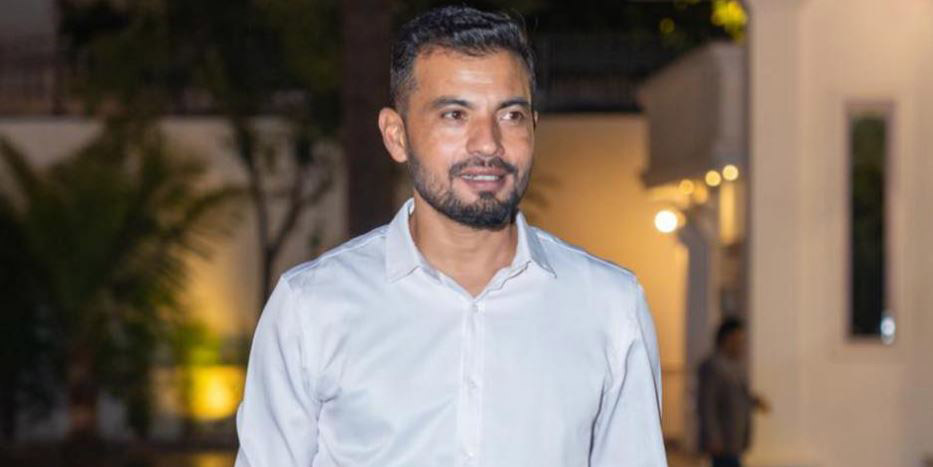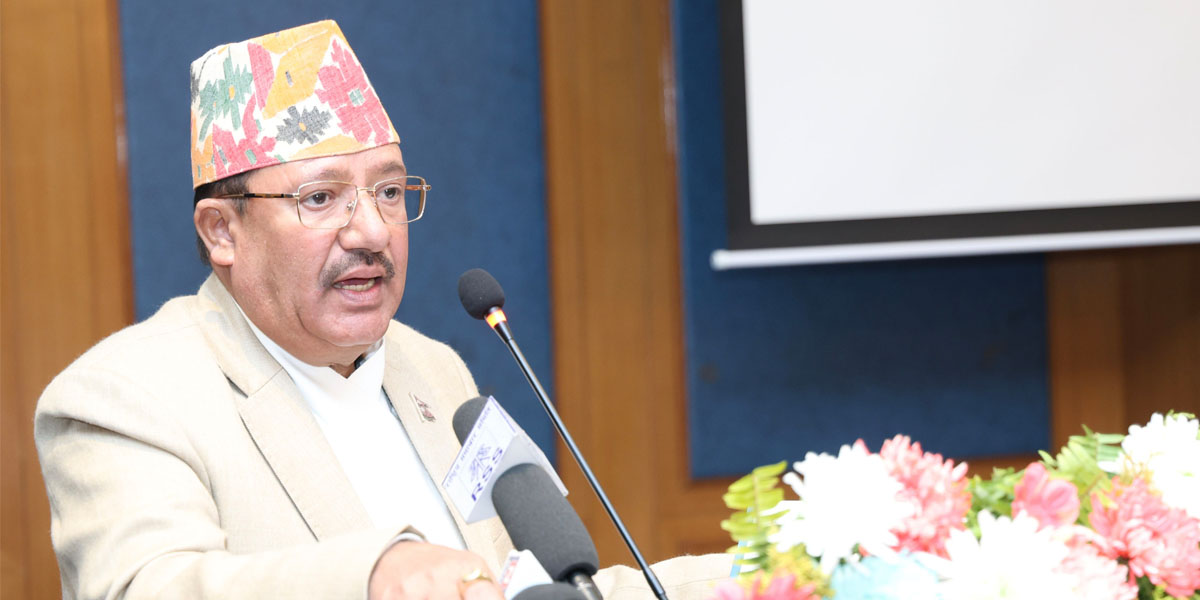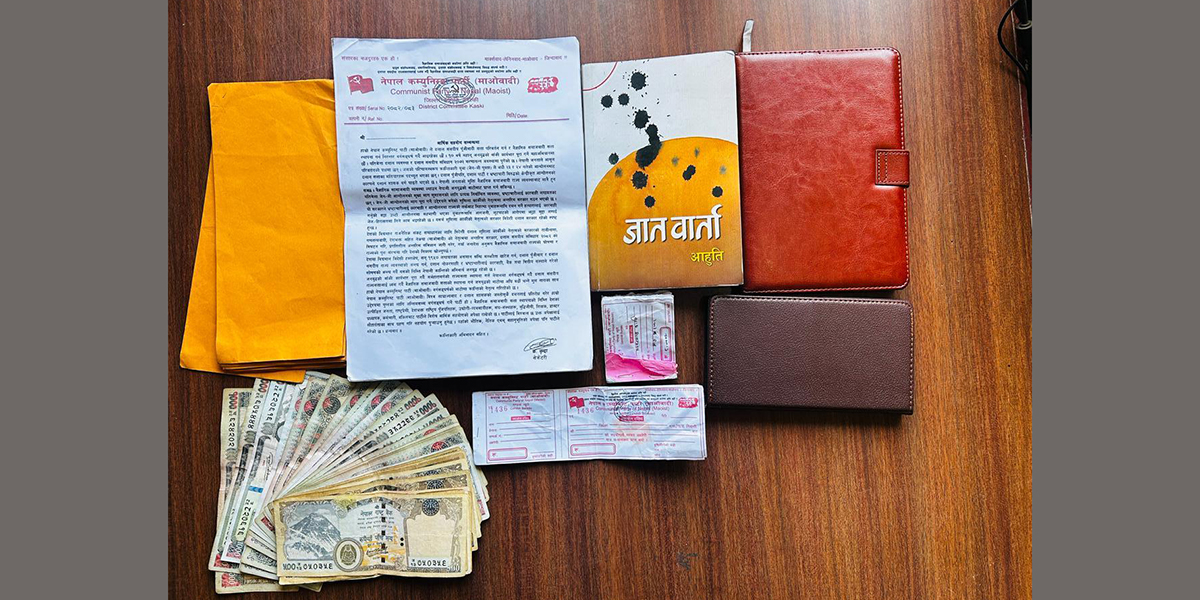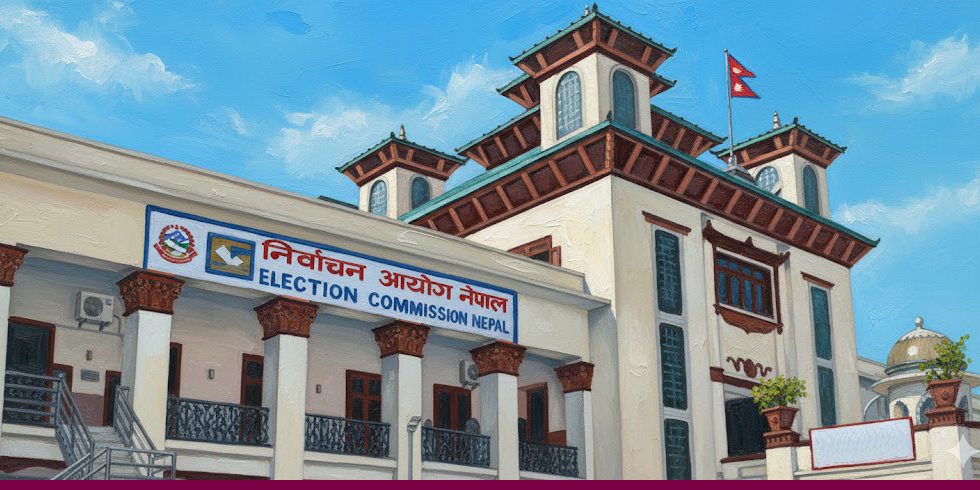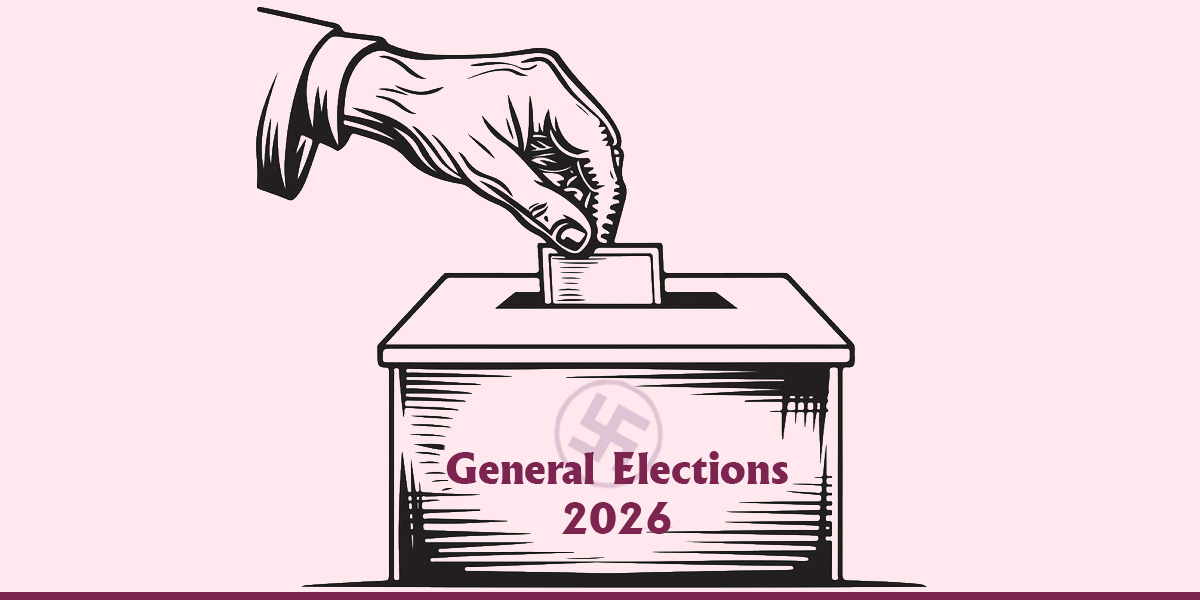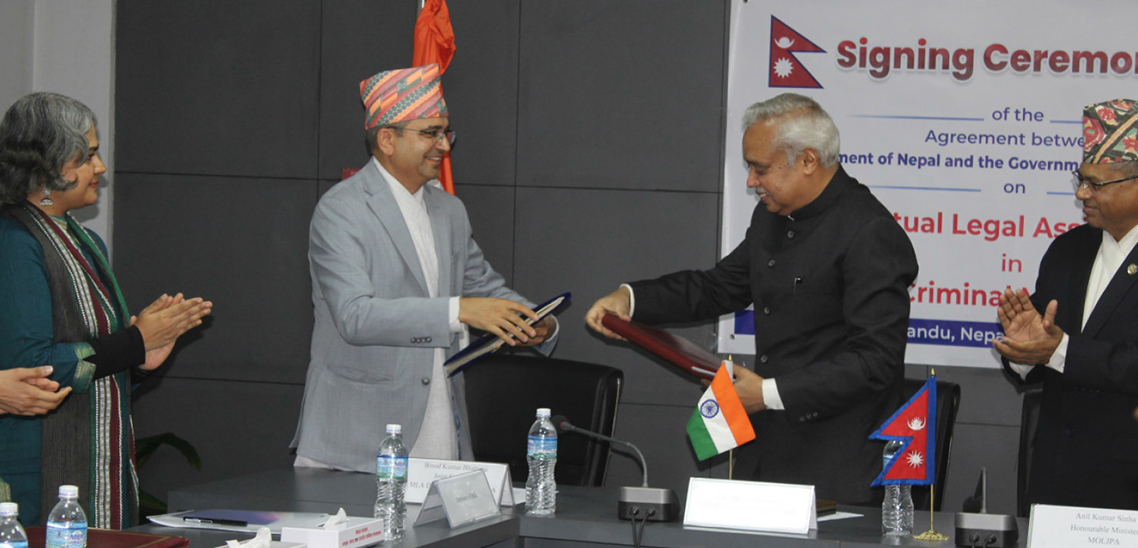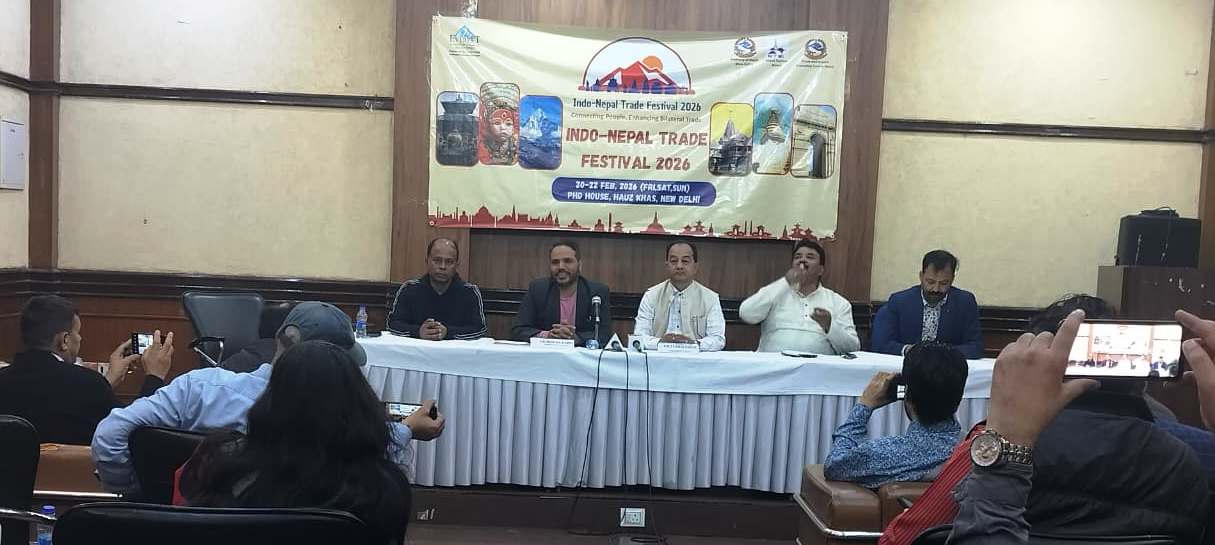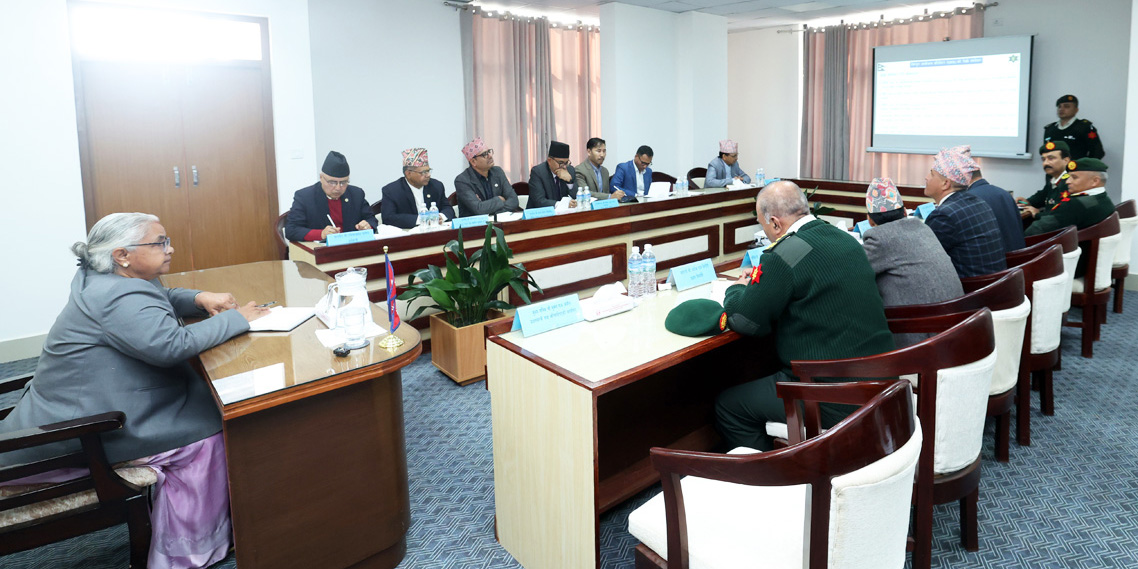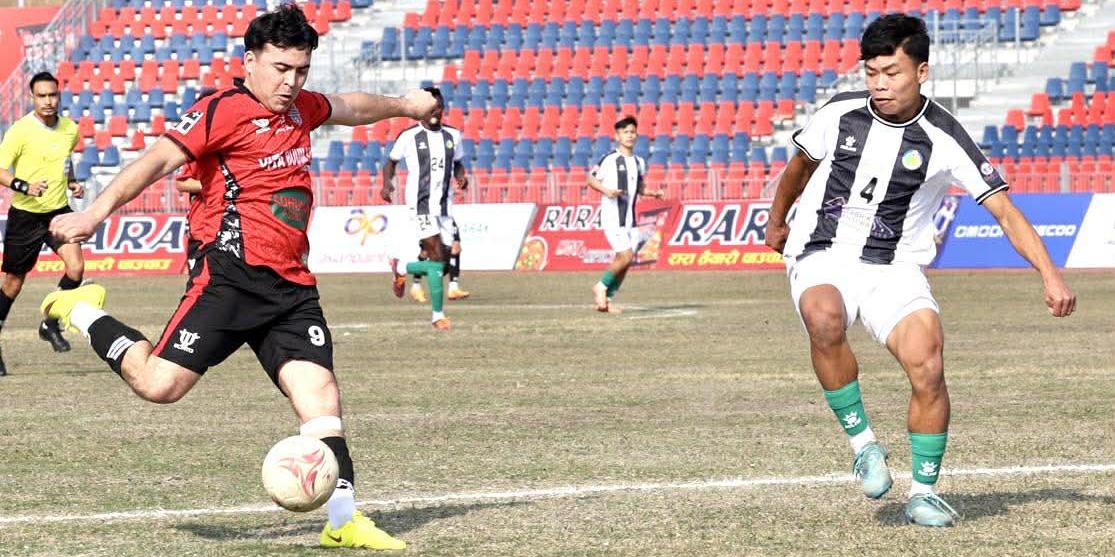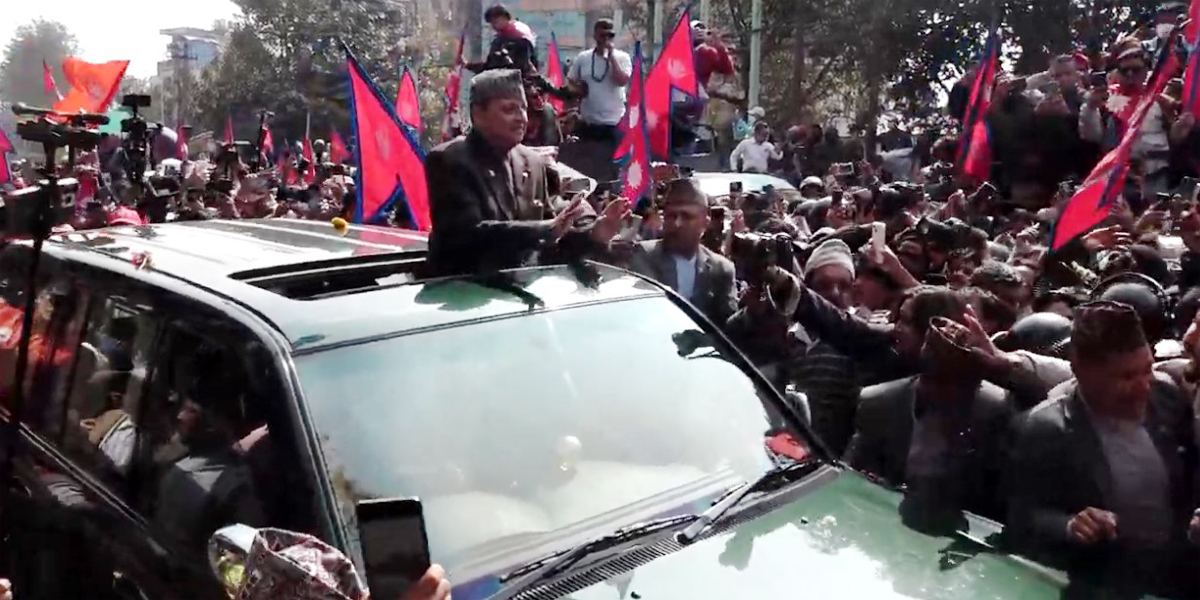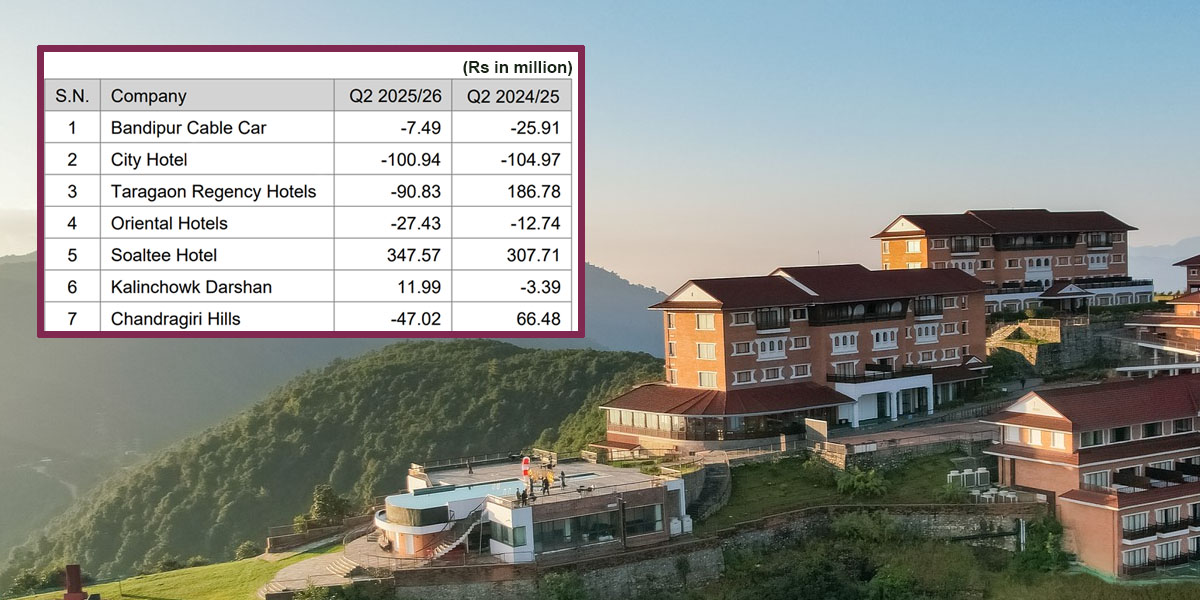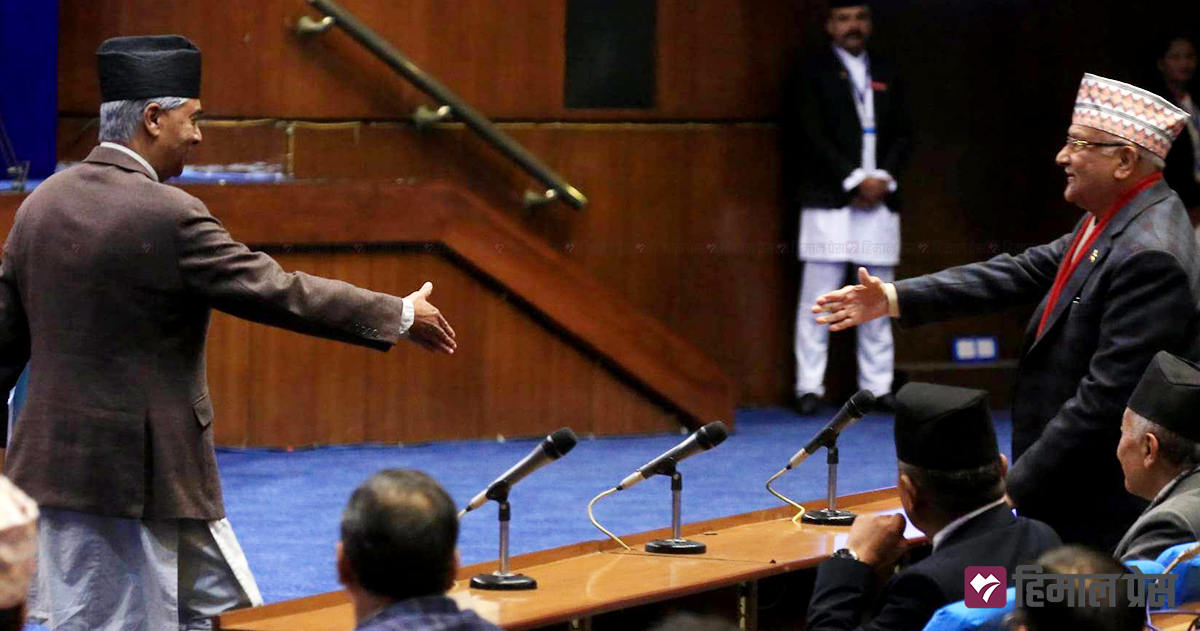
KATHMANDU: Prime Minister Pushpa Kamal Dahal has refused to step down although his largest coalition partner, CPN-UML, has withdrawn its support from the government. He has maintained that he would exercise his constitutional right and face parliament.
Dahal inducted eight UML lawmakers into his cabinet on March 6 after severing ties with the Nepali Congress and announcing a new alliance with CPN-UML. The UML ministers tendered their resignations to PM Dahal on Wednesday evening after Nepali Congress (NC) and UML, on Monday night, reached an understanding to form a new government. Both NC and UML have formally requested PM Dahal to step down to pave the way for a new government.
Dahal now has two alternatives before him: resign or undergo a floor test in the House of Representatives. A meeting of the office-bearers of CPN (Maoist Center), which was held after NC and UML formally announced their new agreement on Tuesday, decided that Dahal will face parliament and won’t resign immediately.
According to Maoist Center Secretary Devendra Paudel, Prime Minister Dahal has concluded that this is the best alternative for him at the moment. “The Prime Minister has stated that he won’t give up easily. He will face parliament and seek a vote of confidence,” Paudel said. “The party has also decided to face the vote of confidence and hold talks with other parties like Rastriya Swatantra Party (RSP) and NC.”
With the withdrawal of support by UML, the constitutional process of forming a new government has begun. President Ram Chandra Paudel will have to initiate the process of forming a new government once PM Dahal tenders his resignation. However, Dahal has said that he will not step down now.
Article 100 of the Constitution of Nepal states that the Prime Minister must seek a vote of confidence within 30 days if the party represented by him undergoes a split or if a party participating in the government withdraws its support. This means Dahal has until August 3 to undergo a floor test. If he fails the floor test, President Paudel will have to invite two or more parties to form a coalition to form a new government as per Article 76 (2) since no single party enjoys a majority in the lower house.
However, some experts are saying that the new government will have to be formed as per Article 76 (3), which means the President can appoint the parliamentary party leader of the largest party in the House of Representatives—Nepali Congress President Sher Bahadur Deuba—as the Prime Minister.
Precedents of the Supreme Court, however, show that the process of forming a government will begin as per the first option prescribed in the Constitution. Advocate Om Prakash Aryal also said that regardless of how Dahal’s government falls, the process of forming a new government will start from the beginning according to Article 76 of the constitution. He explained that the Supreme Court has interpreted in various disputes regarding the dissolution of the House of Representatives and the formation of provincial governments that maximum efforts should be made to form a government to avoid mid-term polls. “There was a similar verdict in the recent dispute over the formation of the government in Koshi Province,” Aryal added.
According to him, if a government formed under Article 76 (2) had not received a vote of confidence within 30 days, it would have proceeded to Article 76 (3). “Since that is not the situation now, the process of forming a government under Article 76 (2) will begin,” he added.

 Himal Press
Himal Press 